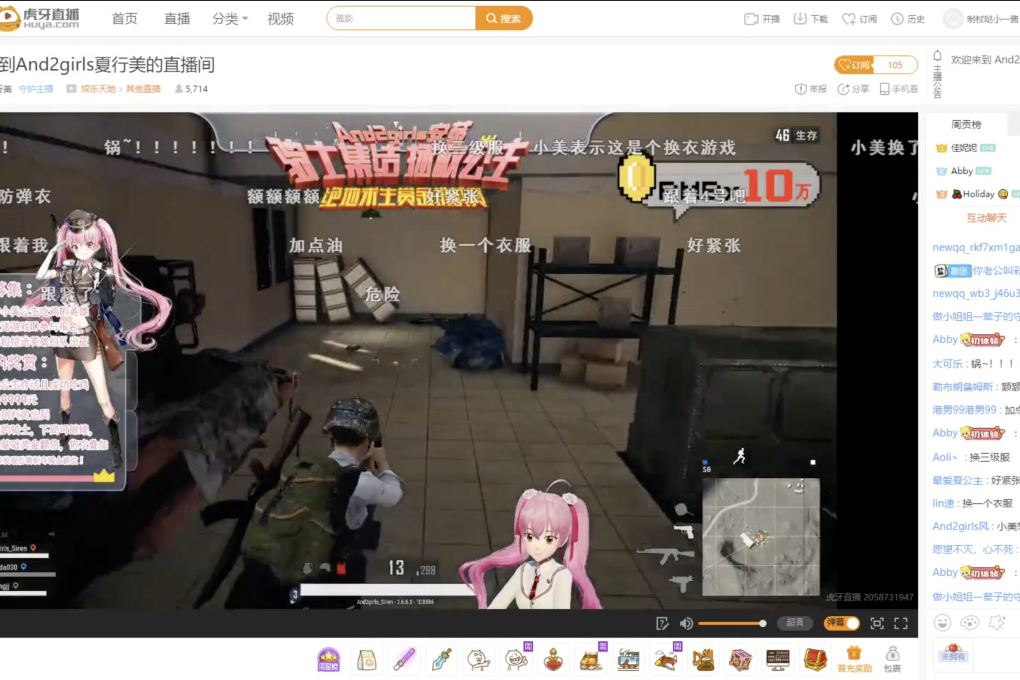Holographic pop stars: Japanese virtual idol heads to China
Virtual idols are still new in China, but the Communist Party-approved trend is gaining in popularity

Huge crowds gathering at a stadium for a concert performed by a holographic avatar? It might seem weird in the West, but it’s a totally normal phenomenon in Japan. And now companies want to grow that trend in China.
Gaming company Giant Interactive said that they plan to bring Japanese anime character Menhera-chan to China as a virtual idol -- digital avatars with their own voices and personalities. They say they'll invest hundred of millions of yuan in the project. A game about Menhera-chan already has more than 170,000 pre-orders on TapTap.
Users of ACG (anime, comics, games) in China are expected to to grow to 276 million this year, according to a report by iiMedia. But despite their huge popularity in Japan, virtual idols are still new to China. As of July 2018, there are 26 virtual idols in China, with 14 of them “born” in 2017, according to Beijing Business Today.
One of the most popular is Luo Tianyi, China’s very first virtual singer. Created in 2012, she has similar pigtails to the hugely popular Japanese virtual idol Hatsune Miku, and also sings with a synthesized voice. Her holographic concert in Shanghai costs 1,280 yuan a ticket (US$184), and reportedly sold out in three minutes. She’s also reportedly the only profitable virtual idol in China.

Luo Tianyi’s popularity has even drawn interest from the Communist Party. That’s normally not a good thing, but in this case it was.